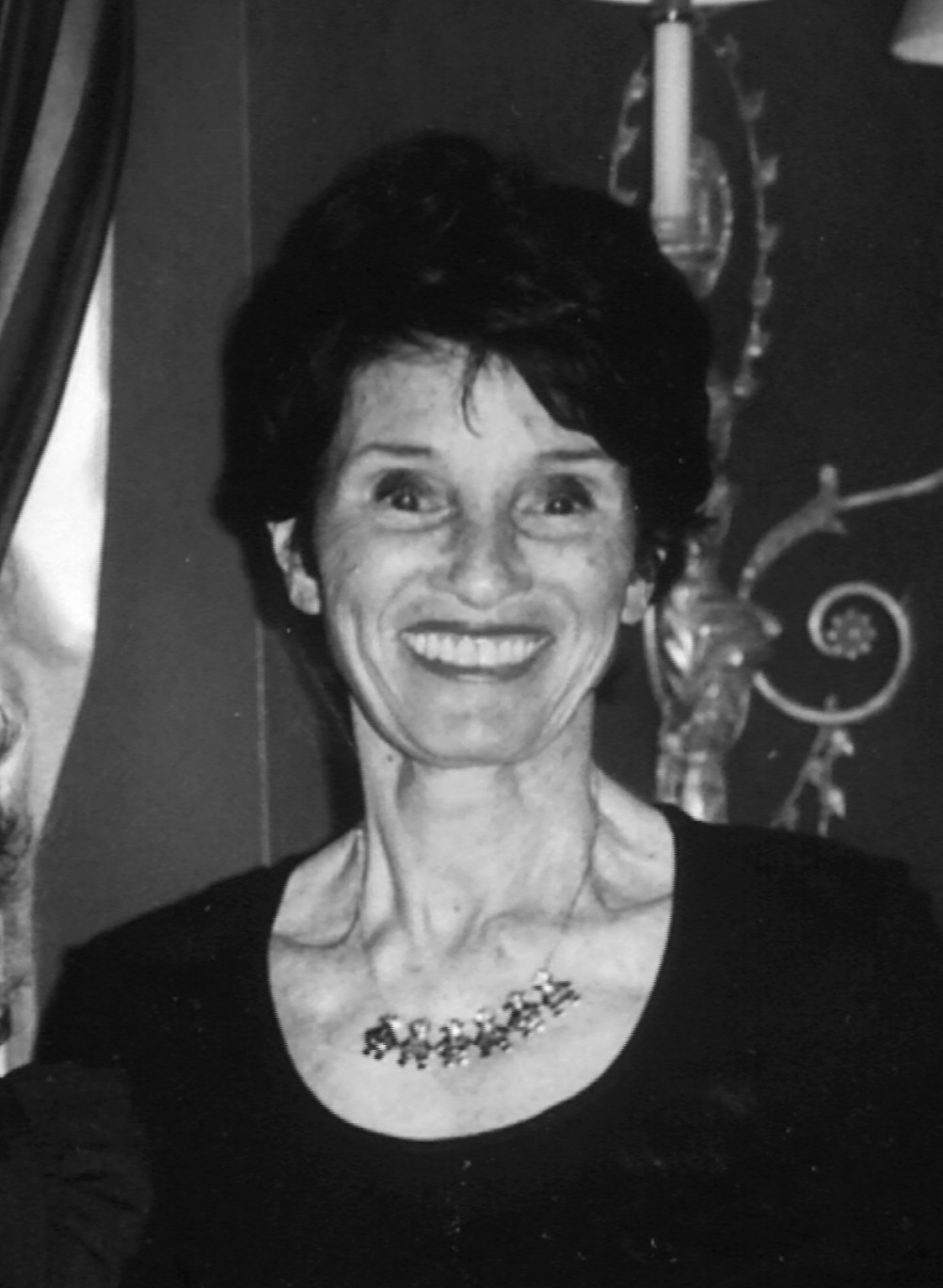‘The Oldest Boy’ and ‘The Last Ship’
At theater there are special moments adjectives cannot truly capture. Currently New York theater is brimming with rich tonics for the mind, heart and soul. Visit them all to enrich your life!
‘The Oldest Boy:’ A magical banquet for the soul
It’s essential to arrive at the Mitzi Newhouse Theater at Lincoln Center early enough to read the “Theater Review” neatly stacked about the playhouse. In it you will discover fascinating insights into what was on genius playwright Sarah Ruhl’s fertile mind as she wrote her moving, magnificently plotted, haunting and soul-enriching new masterpiece, “The Oldest Boy.”
The play’s tale, set against Mimi Lien’s glowing backdrop of a far-away Tibetan landscape, tells the story of a young mother (exquisitely played by Celia Keenan-Bolger) who is visited by two Tibetan priests. Their mission is a life changer for the parents of a 2-year-old young boy — and their toddler’s future destiny.
Set in an American city with a large Tibetan population, and then in Tibet itself, “Mother” is modern, young American-born and bred, married to “Father,” a Tibetan émigré (fine James Yaegaski). The priests who turn up at their home have come to see if the couple’s offspring (played — in an ingenuous choice — by an adorable puppet offspring (brilliantly handled by Ernest Abuba) who might be the reincarnation of a high teacher. If convinced they’ve found their boy, the priest’s intent is to take the boy “home” to India for spiritual training at a monastery to prepare him for his future. The boy’s parents are not only — finally and with much trepidation — convinced they must let the boy go — but that they must go with him.
That Ruhl’s “The Oldest Boy” awakens the above in our consciousness is no small gift to take home from the Mitzi Newhouse. Go to bask in the sublime glow of her incredible insights and passionate sharing. With final kudos to Rebecca Taichman for her altogether spellbinding direction of surely on of the most magically memorable plays of any season! (Lincoln Center, 212-239-6200)
‘The Last Ship’ launches triumphantly!
Music icon Sting grew up in the town of Wallsend, in the industrial heart of Northern England. He “exiled” himself, at 15, from — to him — a stifling way of life and was soon playing bass in jazz clubs around the globe; but despite his stardom, the music maker and composer was haunted by memories of an unhappy childhood. His parents died young, and when the last shipyard in Wallsend closed those bad vibes began to pulse anew.
Fast forward to the current Broadway season where the outpouring of Sting’s pent up emotions have finally found a surely restorative tonic in “The Last Ship” The uplifting tale of one Gideon Fletcher (the memorable Michael Ester) who becomes the alter ego for Sting in his abandonment of his home, family and beloved “girlfriend” (magnificently played and sung by Rachel Tucker as grown up Meg Dawson, and most plaintively by Dawn Cantwell as young Meg) — is at its musically pulsing heart a tribute to men like Sting’s father, who devoted their lives to the love of their craft.
In the musical its Gideon’s restlessness-and loving memories of his beloved Meg — that draw him back to Wallsend just as that once thriving city is about to announce the closing of the shipyard — leaving men without work and the collapse of the hard world they called “home.”
For Sting, the soaring musical tribute to his father and his fellow workers, to the beloved priests who were the caring glue of the community (and in the play provide its considerable rich humor via Fred Applegate’s wonderful “Father O’Brien; and to the women who were a sturdy backbone for their toiling men — is a chance for Sting to say “Thank you!” Both for the example of the ship builder’s passion for their trade and the bonding of its fellowship. And, of course, the building of that “last ship”— despite all odds — is a spiritual triumph for audiences to take home.
You may think you’re coming for Sting’s gorgeous, powerful score, but it’s the above message of community that gladdens one’s heart. And the final soaring reprise of “The Last Ship”— jubilantly sung and danced (kudos to Steven Hoggett soaring, exulting choreography) — led to the standing ovation that may well bring me back to the Neil Simon Theater clamoring to sail on ”The Last Ship” again! (250 W. 52nd St., 877 250-2929 or ww.thelastship.com.

 50.0°,
Overcast
50.0°,
Overcast 




